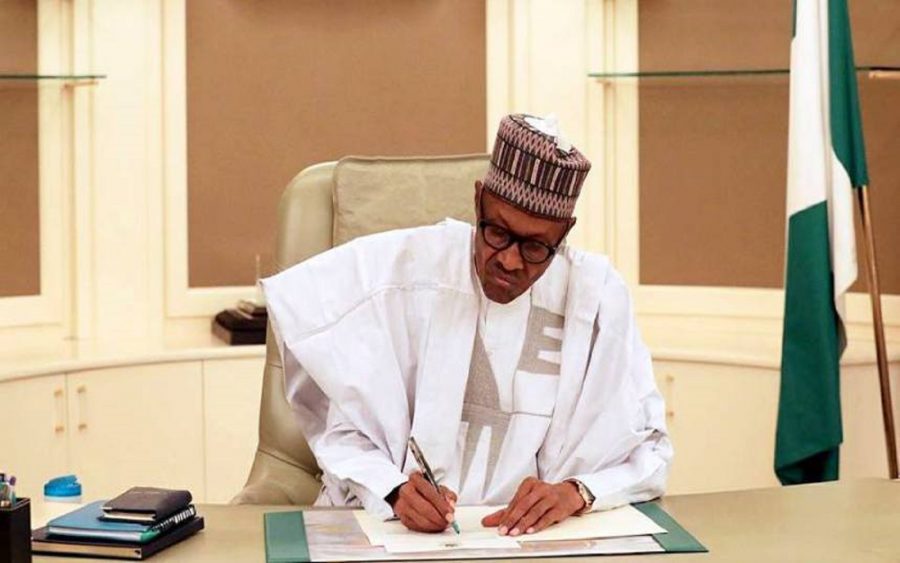Mansur Ahmed, the President of Manufacturers Association of Nigeria (MAN), has urged the Federal Government not to sign the African Continental Free Trade Area (AfCFTA).
Ahmed, who is also the interim Chairman of Africa Manufacturers Association, said the measure would save Nigeria from being used as a dumping ground for foreign goods.
MAN’s president urged President Muhammadu Buhari to withhold its assent to the agreement, pending the completion of the ongoing assessment to determine its likely impact on the manufacturing sector and the economy at large.
Ahmed said,
“The position of the association is that the government should not sign the framework agreement until wide-reaching sensitisation and proper assessment is conducted on its impact on the economy and the manufacturing sector.
“Our advocacy on AfCFTA is yielding desired results and as you are aware, Nigeria is yet to sign the framework agreement. MAN is a functional member of this committee that is billed to submit its report to the President in early February. In addition, MAN, being a proactive organisation that strongly believes in evidence-based advocacy commissioned a sector-specific study on AfCFTA. We have shared the study, full report and fact sheets on the highlights of findings with the Presidential Committee on AfCFTA.”
However, President Buhari before the month runs out, was expected make his final decision on the signing of AfCFTA. The Minister of Industry, Trade and Investment, Okechukwu Enelamah made this known.
The Nigerian Government had set up a committee to review the AfCFTA and according to the Minister of Industry, Trade and Investment, Okechukwu Enelamah, the committee is expected to conclude their review this month, following which the report will be submitted to the President for decision.
President Buhari in March 2018, had declined to sign the agreement to create the AfCFTA, which was signed at an extraordinary summit in Kigali, Rwanda by representatives of 44 African Union (AU) member states.
About AfCFTA
The 18th Ordinary Session of the Assembly of Heads of State and Government of the African Union, held in Addis Ababa, Ethiopia in January 2012, adopted a decision to establish a Continental Free Trade Area (CFTA) by an indicative date of 2017. The Summit also endorsed the Action Plan on Boosting Intra-Africa Trade (BIAT) which identifies seven clusters: trade policy, trade facilitation, productive capacity, trade-related infrastructure, trade finance, trade information, and factor market integration. The CFTA will bring together 54 African countries with a combined population of more than one billion people and a combined gross domestic product of more than US $3.4 trillion.












